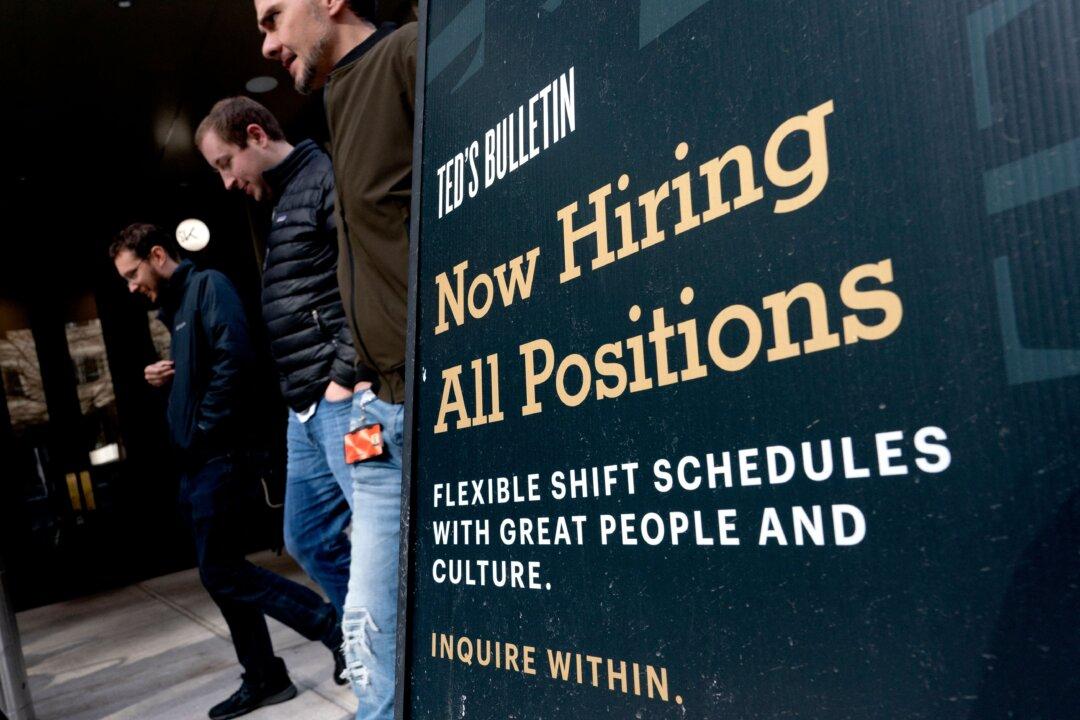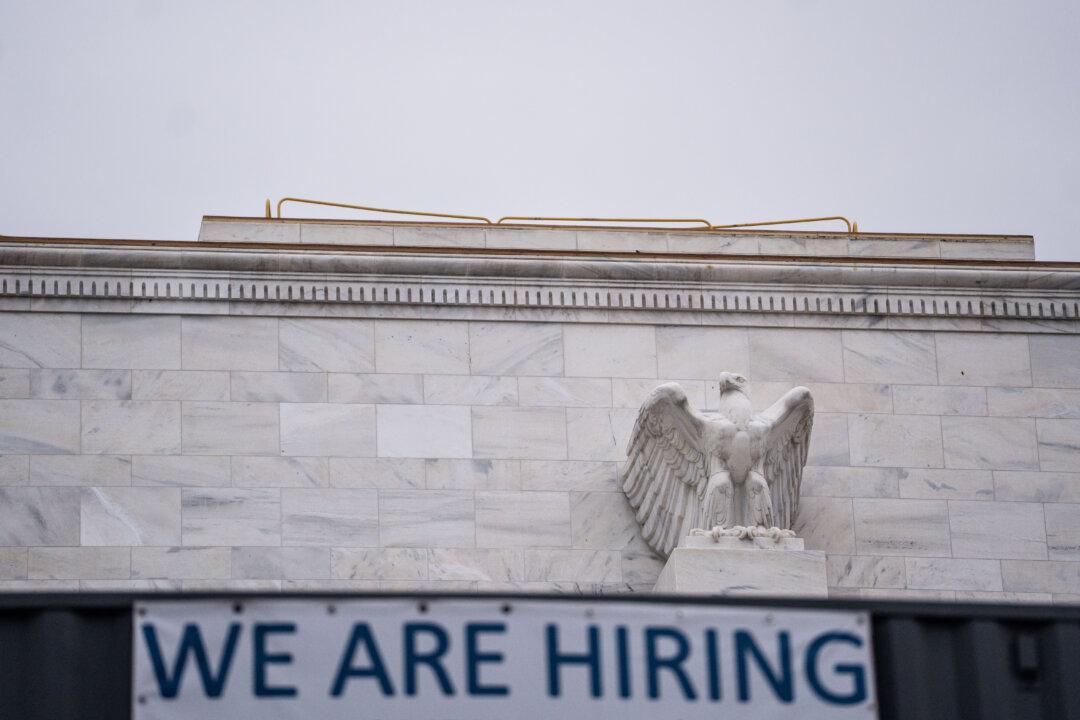A growing number of hiring managers are being told to deprioritize hiring white men as part of many companies’ efforts to boost diversity in the office, according to a new survey.
Resume Builder published the results of a study that evaluated businesses’ diversity, equity, and inclusion (DEI) initiatives. The report reveals that “reverse discrimination”—a strategy that avoids applicants who belong to a particular race or gender in order to meet DEI benchmarks—is becoming more common in the hiring process.





